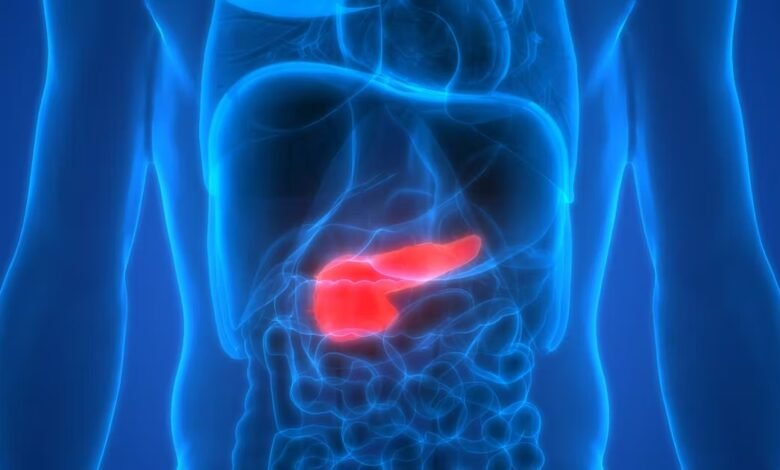The Deadly Nature Of Pancreatic Cancer

Why the nature of pancreatic cancer is so deadly? Pancreatic cancer does not discriminate. One of the deadliest tumors, the condition can affect anyone and is frequently found in an advanced stage. TV legend and “Jeopardy!” host Alex Trebek revealed he had stage 4 pancreatic cancer in March 2019. He sought treatment, but in November 2020, the sickness claimed his life.
The American Cancer Society predicts that this year, pancreatic cancer will claim the lives of more than 48,000 Americans. With an average of 20% of patients surviving to one year after diagnosis and 10% surviving to five years, it has one of the lowest cancer survival rates. These figures are lower for people with advanced disease.
Read More: Males And Breast Cancer?
According to Dr. Igor Medic, a board-certified medical oncologist associated with Sharp Grossmont Hospital, “more than 60,000 patients are diagnosed every year and it’s the third highest cause of cancer-related fatalities in the U.S.”
He claims that, to his knowledge, the majority of occurrences of pancreatic cancer are sporadic and not genetic in nature. But between 5% and 10% of people have a family history of the illness. The BRCA gene is the most well-known of the several genes linked to hereditary pancreatic cancer.
Difficult To Identify
Aggressive and prone to stealthy spread, pancreatic cancer. The pancreas is difficult for medical professionals to feel or see during a checkup since it is buried deep inside the body and sits across the back of the abdomen behind the stomach.
Additionally, unlike other cancers like breast, colon, or prostate cancer, which have early detection methods, there are typically no signs until the disease is too advanced.
According to Dr. Medic, there is now no screening of the general public. When a predisposing gene is known to exist in familial pancreatic cancer, screening is advised and frequently carried out. Endoscopic gastroenterology procedures and MRI imaging allow us to visualize the digestive system and perform this.
Symptoms Of Pancreatic Cancer
He claims that stomach pain and jaundice are frequently signs of an advanced illness. The cancer commonly progresses to the liver, which results in a yellowing of the skin and eyes (jaundice).
Additional signs include:
- Dark feces
- Greasy or pale-colored stools
- Skin itch
- Having back or abdominal pain
- Loss of weight and reduced appetite
- Nausea and diarrhoea
- Liver or gallbladder hypertrophy
- Pancreatic cancer can, in rare cases, cause alterations in blood sugar levels and diabetes.
Potential Causes
Other known risk factors exist in addition to a family relationship. According to Dr. Medic, smoking increases risk and is responsible for 25% of all cases. High body mass and inactivity are linked in multiple studies, and heavy alcohol drinkers are more at risk. Another risk factor is pancreatitis, a chronic inflammation of the pancreas.
One peculiar implication has to do with blood type. “This cancer and the ABO blood group type may be related. People with blood types A, AB, or B may have a higher risk of developing pancreatic cancer compared to people with blood type O, according to Dr. Medic.
Read More: Are Frozen Fruits Healthy?
Pancreatic Cancer Treatment
A pancreatic cancer diagnosis and potential treatment side effects can have a significant negative impact on a person’s physical and mental health. The optimal course of treatment, which can range from surgery to chemotherapy but much relies on the type and stage of the cancer, should be decided by the patient in close consultation with their medical team.
The sole curative technique, according to Dr. Medic, is total resection (removal) of the tumor, which serves as the cornerstone of therapy. The majority of patients, however, arrive with advanced malignancy that cannot be removed. Chemotherapy is routinely administered in those situations to slow the disease’s progression.
“Patients need considerably attentive care and assistance from both their doctor and their family,” he continues. Although we desire to.







